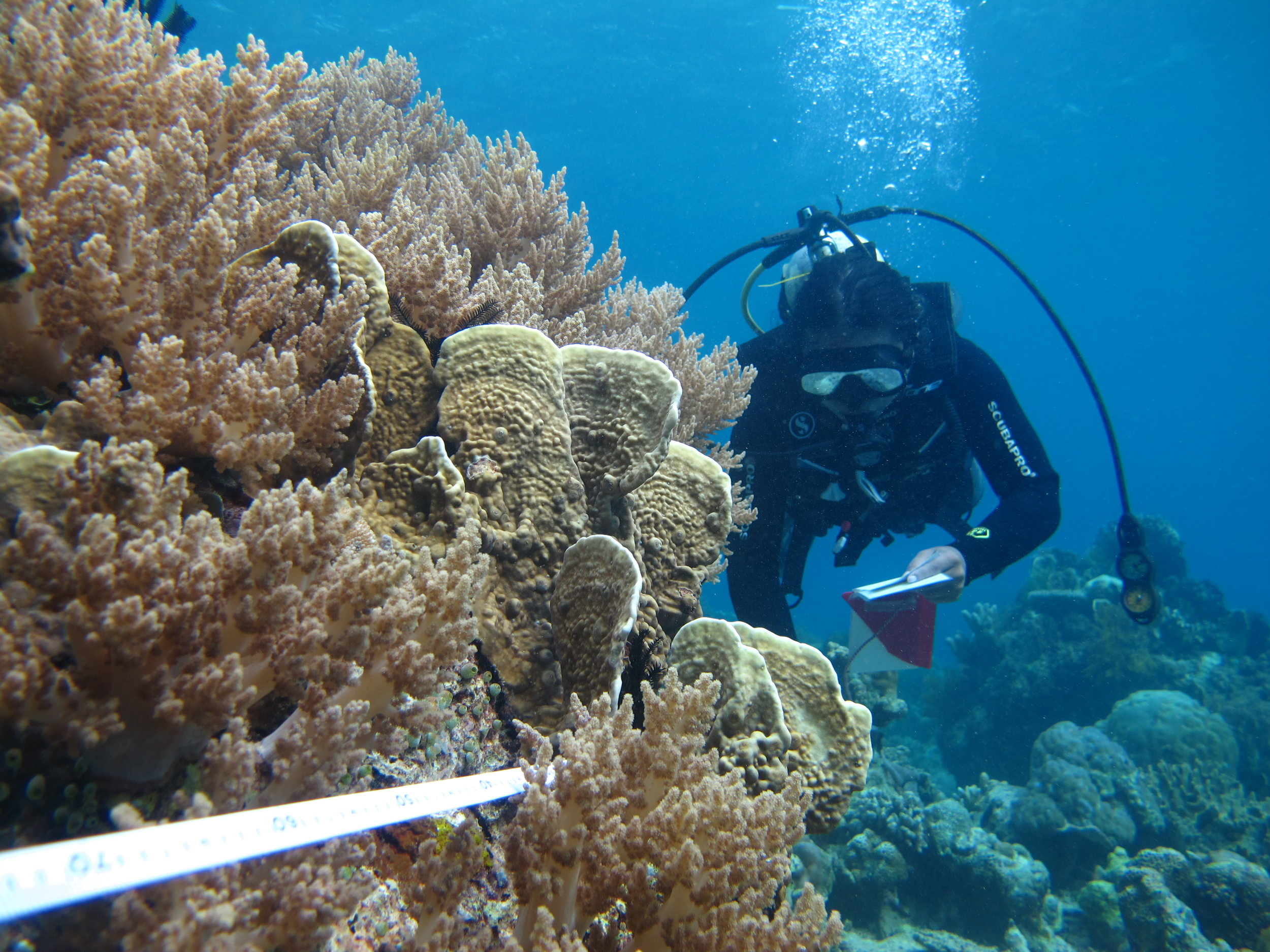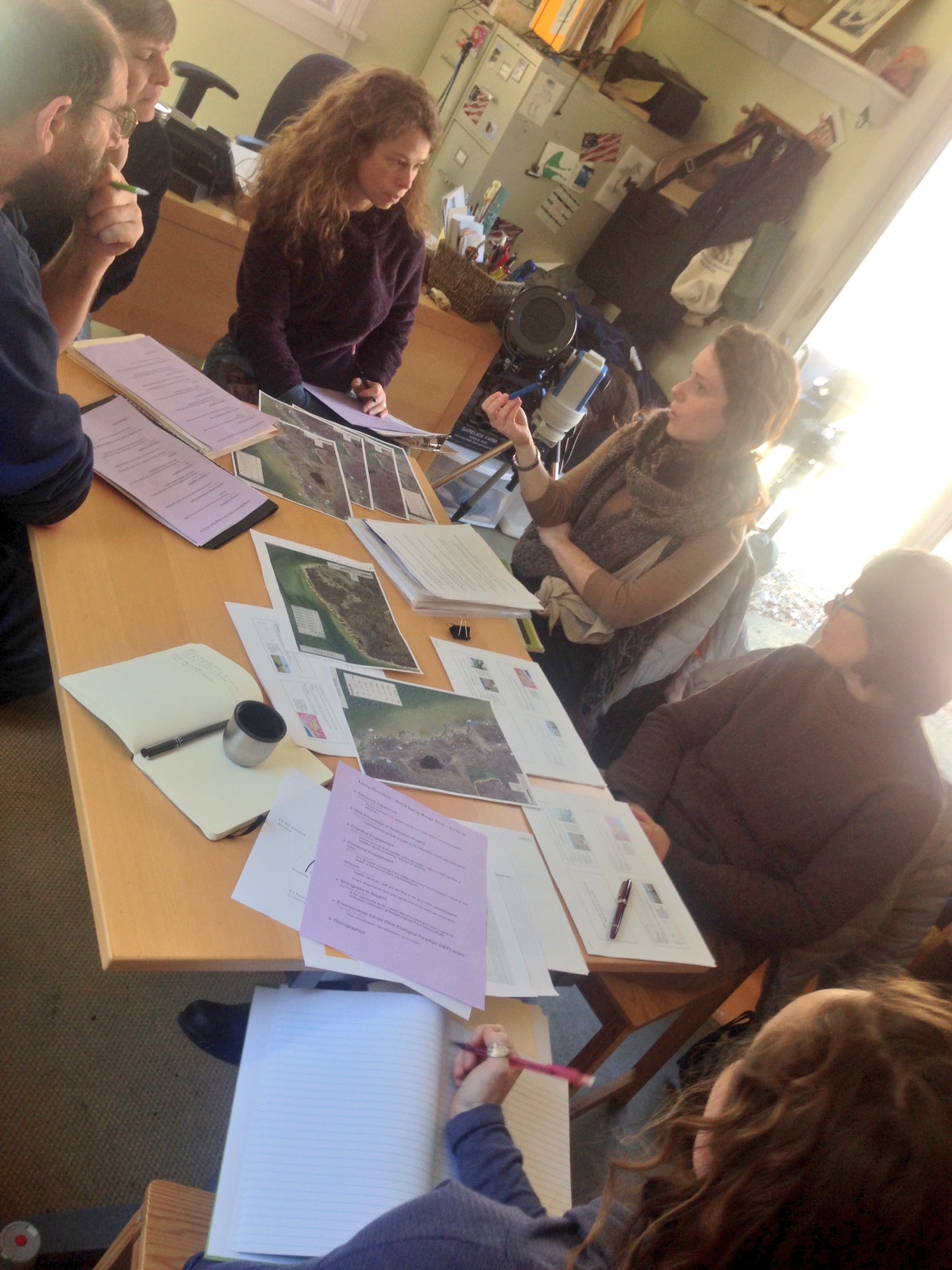



Science for resilient coasts & communities
Linking ecological processes with human well-being in a changing ocean
Science for resilient coasts & communities
Linking ecological processes with human well-being in a changing ocean
research
We study the ecology of coastal food systems — how environmental change, management, and human decisions interact to shape the resilience of both ecosystems and the people who depend on them. Our work integrates field ecology, social science, and modeling to understand trade-offs among biodiversity, resource use, and human well-being. By bridging ecological and social processes, we aim to inform policies and practices that sustain life in the sea and livelihoods along the coast.

Working together
We work hand-in-hand with communities, NGOs, governments, and other scientists to understand how ecosystems and societies interact. Our research is grounded in co-designed, field-based partnerships that link ecological processes to social and cultural outcomes. By blending ecology, modeling, and social science, we co-produce knowledge that supports management, policy, and resilience in coastal systems worldwide.
Working together
We work hand-in-hand with communities, NGOs, governments, and other scientists to understand how ecosystems and societies interact. Our research is grounded in co-designed, field-based partnerships that link ecological processes to social and cultural outcomes. By blending ecology, modeling, and social science, we co-produce knowledge that supports management, policy, and resilience in coastal systems worldwide.
MENTORSHIP
My research group trains early-career scientists to think across disciplines and scales — from ecological mechanisms to social outcomes. Students and postdoctoral scholars develop the skills to lead integrative, collaborative, and impact-driven research across academia, government, and NGOs. We emphasize inclusive mentorship, open science, and professional growth, guided by our Lab Philosophy & Expectations document.

The Process
Fieldwork anchors our science — from underwater surveys and habitat mapping to social and fisheries data collection. We integrate these diverse data streams through modeling and synthesis to understand feedbacks between ecological change, resource use, and human well-being.
The Process
Fieldwork anchors our science — from underwater surveys and habitat mapping to social and fisheries data collection. We integrate these diverse data streams through modeling and synthesis to understand feedbacks between ecological change, resource use, and human well-being.
nature-positive fisheries
Mud crabs in Micronesia
Through ecological and economic modeling, we explore strategies for small-scale crustacean fisheries that maintain biodiversity while supporting local livelihoods. Our work illustrates how sustainable harvest design can strengthen both ecosystems and communities.
Distant water fleets
Social-ecological impacts
We investigate how industrial fishing fleets operating far from home influence marine ecosystems and the communities that depend on them. By linking ecological change with governance, market, and food system outcomes, this project reveals how distant-water operations reshape both biodiversity and equity in the world’s oceans.
CLIMATE VULNERABILITY
Fisher resilience in Vietnam
In Vietnam’s lobster fisheries, we study how fishers adapt to climate-driven environmental and economic change. Combining ecological and social data, we identify diversification strategies that preserve cultural heritage, strengthen livelihoods, and sustain marine ecosystem function under changing conditions.











